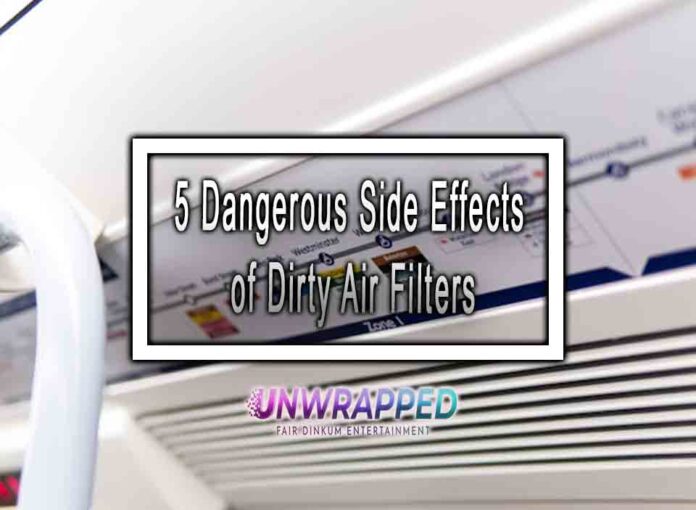In our relentless pursuit of comfort, the importance of clean air filters within HVAC systems is often underestimated. These seemingly inconspicuous components are crucial for preserving indoor air quality and optimizing the performance of heating and cooling systems. Specifically, 18x24x1 air filters act as vital shields against airborne contaminants, safeguarding occupants from pollutants and allergens. However, overlooking their maintenance can result in a plethora of detrimental outcomes. Regularly replacing these filters not only enhances air quality but also promotes energy efficiency and prolongs the lifespan of HVAC equipment. By prioritizing the upkeep of 18x24x1 air filters, individuals can ensure a healthier and more comfortable indoor environment for themselves and their loved ones.
Reduced Indoor Air Quality
The primary function of air filters is to trap dust, pollen, pet dander, and other airborne particles, preventing them from circulating throughout indoor spaces. When filters become clogged with debris, their effectiveness diminishes, allowing pollutants to permeate the air. Consequently, occupants may experience symptoms such as coughing, sneezing, and exacerbated allergies due to prolonged exposure to poor indoor air quality. Regular maintenance and replacement of furnace air filters are essential to ensure optimal filtration efficiency and maintain a healthy indoor environment.
Increased Allergies and Respiratory Issues
Dirty air filters not only compromise indoor air quality but also contribute to heightened allergic reactions and respiratory ailments. As airborne particles accumulate within the HVAC system, they can trigger allergic responses in sensitive individuals. Moreover, prolonged exposure to contaminated air may exacerbate pre-existing respiratory conditions such as asthma and bronchitis, posing significant health risks. Regular maintenance of air filters is crucial to prevent these issues, ensuring cleaner air and a healthier living environment for all occupants.
Decreased HVAC Efficiency
Clogged air filters impose additional strain on HVAC systems by impeding airflow, hindering their ability to regulate temperature effectively. Consequently, heating and cooling units are forced to work harder to maintain desired indoor conditions, resulting in increased energy consumption and elevated utility bills. Moreover, reduced airflow can lead to overheating of system components, compromising their longevity and overall performance. Regularly replacing air filters is crucial to ensure optimal HVAC efficiency and prolong the lifespan of the system.
Potential Damage to HVAC Systems
Neglecting air filter maintenance can have serious repercussions beyond just diminished efficiency. Over time, the buildup of dirt and debris can penetrate vital HVAC components like coils and motors, leading to impaired functionality and requiring expensive repairs or replacements. By ignoring regular filter changes, homeowners put their heating and cooling systems at risk of significant damage, jeopardizing the integrity and longevity of their HVAC systems in the long run. It’s essential to prioritize proper maintenance to avoid costly consequences.
Fire Hazard
One of the most commonly overlooked dangers linked to dirty air filters is the heightened risk of fire. When air filters become clogged, airflow is restricted, leading to potential overheating within the HVAC system. This increased heat can escalate the chances of electrical malfunctions and even combustion. In severe instances, neglected air filters have been known to ignite, triggering residential fires that can cause extensive damage and have devastating consequences for homeowners. Regular maintenance and timely replacement of air filters are crucial to mitigating this risk and ensuring safety.
Importance of Regular Maintenance
To mitigate the risks posed by dirty air filters, homeowners must prioritize regular maintenance of their HVAC systems. Experts recommend replacing 18x24x1 air filters every one to three months, depending on factors such as household size and environmental conditions. Additionally, scheduling annual HVAC inspections can help identify potential issues early and ensure optimal system performance.
Conclusion
Ensuring clean air filters is crucial for preserving indoor air quality, supporting respiratory health, and maximizing HVAC efficiency. Neglecting filter maintenance poses significant risks, compromising the well-being of occupants and reducing the lifespan of heating and cooling systems. Regular filter cleaning or replacement prevents the buildup of dust, allergens, and pollutants, which can exacerbate respiratory conditions and allergies. Additionally, well-maintained filters facilitate appropriate airflow, which lessens stress on the HVAC system and lowers energy usage. Homeowners should prioritize filter maintenance by adhering to manufacturer recommendations and scheduling routine inspections. By investing in filter upkeep, individuals can create a healthier indoor environment, minimize the risk of system malfunctions, and ultimately save on energy costs and repair expenses. Taking proactive measures to maintain clean air filters is essential for long-term comfort, health, and efficiency within the home.











